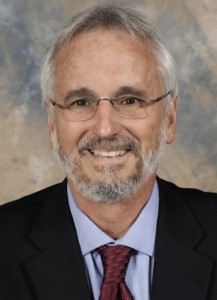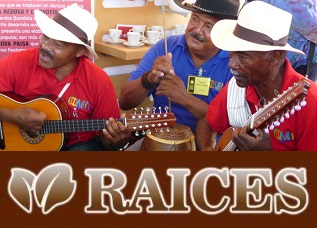The idea of a place of worship as a sanctuary from secular authority is an old concept, part of European law in the medieval period. The Sanctuary Movement revived and adopted these ancient principles in the 1980s to support Central Americans who were fleeing violence and repression in El Salvador, Nicaragua and Guatemala, violence that was often supported by the US. As conditions deteriorated, thousands of refugees ventured north, seeking asylum in the US. In response people of faith, students, academics, community activists, lawyers, labor, and peace activists directly resisted the actions of the Federal government. Over 140 churches and synagogues housed these refugees while providing assistance for them to apply for asylum. In addition, sanctuary centers offered classes and otherwise attempted to mitigate the harsh conditions immigrants faced. A network of churches and activists coordinated activities throughout the country.
The sanctuary city movement, which also emerged in the 1980s, drew inspiration from the religious movement. Hundreds of cities, including San Francisco, Los Angeles, Chicago and New York have declared themselves Sanctuary Cities. Sanctuary cities will only cooperate with immigration authorities in limited circumstances. A critical principal of the Sanctuary Movement has always been “access without fear” allowing people who are part of the social fabric of our society to access social services.
Pomona College participated indirectly in this movement. In the 2000s, before the Obama administration adopted the Deferred Action for Childhood Arrivals (DACA) by executive order, institutions of higher education such as Pomona College and others had begun to recruit and accept undocumented students, the Dreamers. The schools proved creative in providing these students “access without fear,” finding ways to financially fund and support undocumented students. However, the College did not protect undocumented staff in similar ways in 2011, which led to a major upheaval on campus.
The tradition of academic institutions defying or sidestepping governments over matters crucial to their mission is a long one as well. During World War II many west coast institutions participated in the National Japanese American Student Relocation Council that arranged for over 5,500 interned Nisei college students to attend schools back east. Pomona arranged for Itsue Hisanaga, a Japanese American student, to attend Oberlin.
Like Pomona College’s relationship with immigrants, this willingness to help has an ambiguous history. Universities and colleges have provided homes for refugee students and faculty for decades. As fascism won control of Europe in the 1930s and 1940s, thousands of intellectuals fled. Similarly, in the 1940s and 1950s the US hosted large numbers of Chinese intellectual refugees fleeing war and revolution. Many of the intellectual refugees were radicals, often Communists.
A sanctuary center of higher education is place that values and protects all members of the community.
- It is based on the moral and ethical responsibility of colleges and universities that grows from their special role in society as places of free inquiry and education.
- It is designed to counter the fear that impedes our mission.
- The sanctuary center of higher education applies to students, staff, and faculty.
- It applies to undocumented people and to others likely to be persecuted such as Muslim, Middle Eastern, Central Asian or North African people.
- It puts the institution on record as pledging it will do what it can to protect these vulnerable people in the event that the government, outside groups, or individuals move against them unfairly or immorally.
- It means the College will pledge to refuse to cooperate with immoral laws, executive orders, police demands, or judicial decisions that target these members of our community.
- It means that the College will refuse to report the names or other information about these people, to turn them over to authorities, or to otherwise aid in their persecution.
- It means that the College will use the institution’s resources to replace lost financial aid or work and to help them survive day-to-day if need be.
Proposal:
- We propose that the College declare itself a Sanctuary Center of Higher Education.
- To provide substance for this declaration, we propose that the College pledge to take the actions listed below in the case that there is a change in the condition or status of undocumented students and/or threats or actions taken against students, faculty or staff that target them based on their immigration status, race, religion, ethnicity, nationality, gender, or other category that the College has pledged to respect.
- We propose the College take the following steps as needed:
- Prohibit access to Immigration and Customs Enforcement (ICE) agents on campus.
- Deny ICE access to student, staff, and faculty data.
- Provide relevant training for all faculty, staff, and students
- Ensure all students, faculty, and staff are treated equitably.
- Develop a plan to provide assistance, information, and safety for students and families.
- Shelter targeted students, staff, and faculty, along with their families.
Miguel Tinker Salas Professor of Latin American History and Chicana/o-Latina/o Studies Pomona College
Victor Silverman Professor of History Pomona College
Gilda Ochoa Professor of Chicana/o-Latina/o Studies and Sociology Pomona College
As of now, there are 41 Colleges and Universities listed:
https://docs.google.com/spreadsheets/d/1fHOHRFxzo_Pp85rR_58ug4rMv9WODPDmRLK0dP2FT-k/edit














